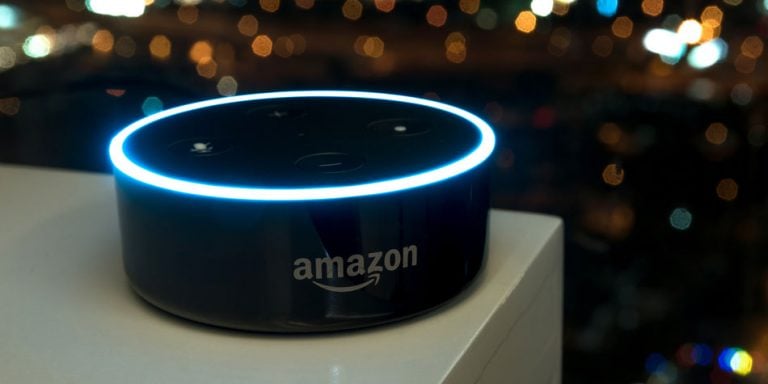Will Amazon (NASDAQ:AMZN) split its stock? Between the high nominal stock price and its climb to the world’s biggest market cap, this becomes a natural question for AMZN stock. Previous market cap leaders, such as Exxon (NYSE:XOM) and Microsoft (NASDAQ:MSFT), often split their stocks once they rose above a certain level.
However, in today’s world, nominal share prices hold less relevance, except in some respects to the Dow Jones Industrial Average. In a world where investors care little about whether a stock trades at $20 a share or $2,000, an Amazon stock split isn’t likely.
Alexa, When Did Amazon Stock Split?
Though few may remember, AMZN stock split three times in its early days. The shares rose quickly following its 1997 IPO. Believing lower-priced stocks would see better liquidity, Jeff Bezos didn’t hesitate to split the stock. Amazon stock touched $100 per share in early 1998 and the shares split 2:1 the following June. A few months later — and many dollars higher — AMZN stock owners got three shares for each one they were holding. Rinse, repeat… and September 1999 saw another 2:1 split.
Then, the dot-com bubble went bust. By early 2001, AMZN stock fell below $10 per share. It would not recover its 1999 high until 2009. While the stock may have come back, Mr. Bezos’s love for stock splits did not.
Little Need for a Split Now
Attitudes have shifted since 1999. Today, stocks with four-figure nominal share prices still attract investors. For this reason, only one reason exists to split this stock — a move into the Dow Jones Index. The Dow exists as a weighted index. Hence, Amazon at its current price would wield a disproportionate influence on the gauge. The only way Amazon will move onto that index is through a stock split.
I don’t they’ll do it. With Microsoft, Apple (NASDAQ:AAPL), and Cisco (NASDAQ:
CSCO) already on the index, the tech industry already has good representation. As well, splits change nothing fundamental. After a 2:1 split, the price cuts in half, but with twice the number of shares available. So, no change in the market cap. And with changes in the rules regarding partial shares, small investors are able to buy a fraction of a share eliminating the need for companies to keep nominal share prices low.
Dow Membership Not Much of a Motivator
Moreover, investors should ask if the Dow remains relevant. The public still looks at it because they always have. However, professionals tend to look more to the S&P 500 index. Also, only three of the world’s 10 largest market caps are currently Dow components.
Tencent (OTCMKTS:TCEHY) doesn’t trade on a major American index at all. Others, such as Warren Buffett’s Berkshire Hathaway (NYSE:BRK.A, NYSE:BRK.B), refuse to split their shares to match Dow standards. In a concession to shareholders, Buffett allowed a 50:1 split on the B shares in 2010. The A shares remain untouched. He holds to this maxim despite the nearly $300,000 price tag for a single BRK.A share. Alphabet (NASDAQ:GOOGL) has also avoided splits, except to divide shares into voting (GOOGL) and non-voting (GOOG) blocs.
Amazon has shown similar attitudes toward stock splits in recent years. Both Berkshire and Alphabet seem to care little about becoming Dow stocks. I think Amazon feels the same.
Bottom Line on an Amazon Stock Split
No factors appear compelling enough to answer “Yes” to the question “Will Amazon stock split?”. Once happy to do it — until the effects of the dot-com bust took AMZN stock below $10 per share — the company spent years recovering, and now, massive growth has given Amazon the largest market cap in the world.
However, it’s a world that’s changed. People care less about stock prices, and small investors can purchase fractions of shares. The Dow’s importance is up for debate. calling into question the one remaining motivation for a stock split. Still popular, it’s no longer the gauge all of the most-important stocks. In 1919, or even in 1999, an AMZN might have willingly split the stock to join this index. However, in 2019, Charles Dow’s gauge seems much less relevant.
Despite successes, Amazon stock faces a high valuation and formidable rivals. Given these challenges, I believe Bezos will continue to focus on the business rather than the company’s potential place on an antiquated stock index.
As of this writing, Will Healy did not hold a position in any of the aforementioned stocks. You can follow Will on Twitter at @HealyWriting.

